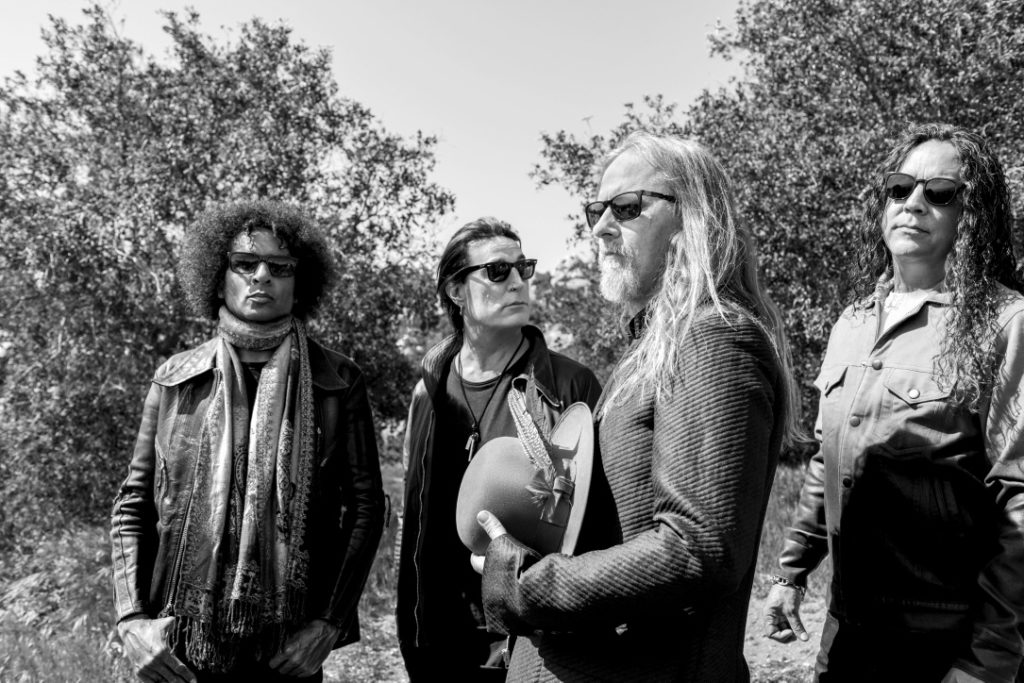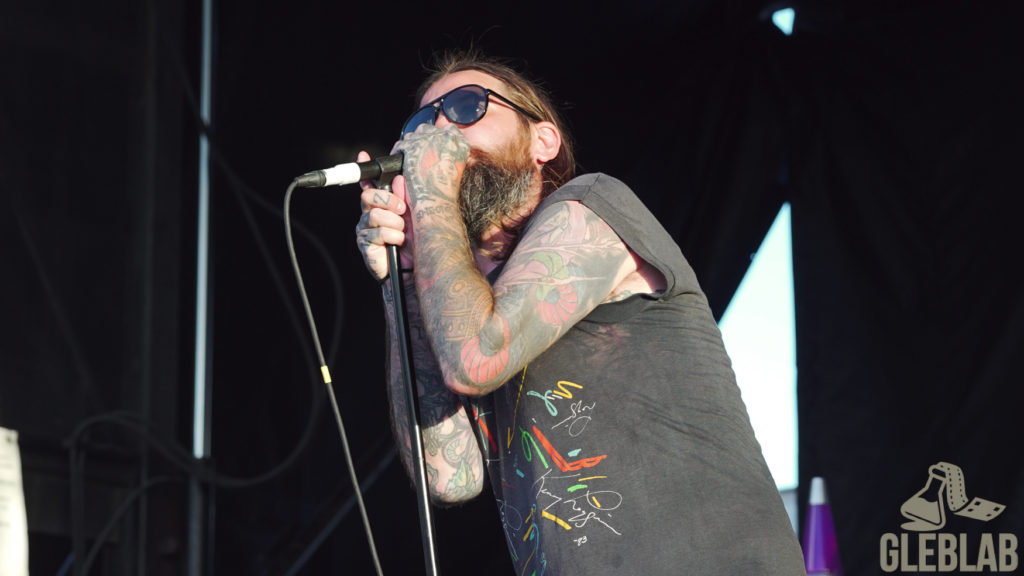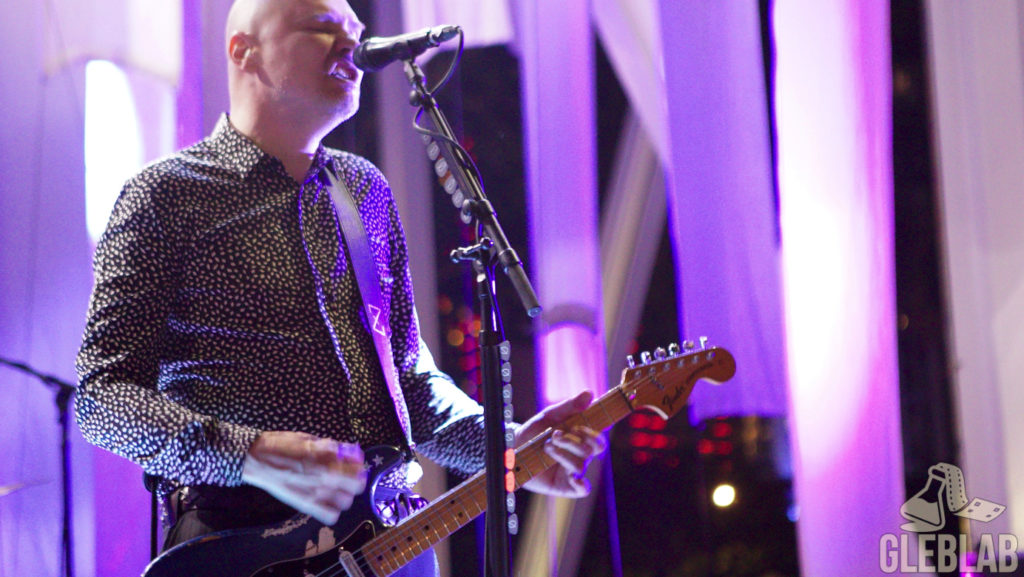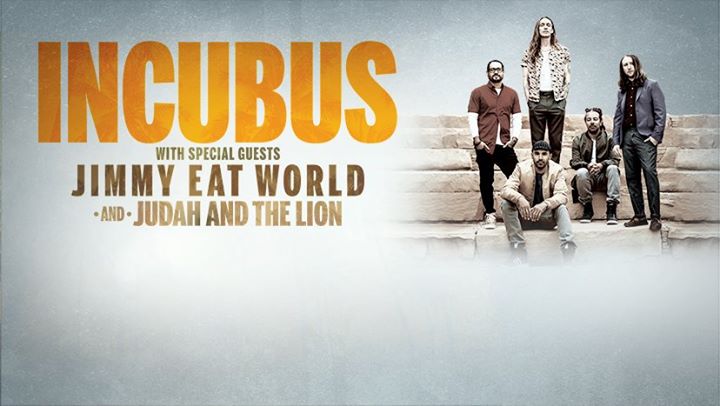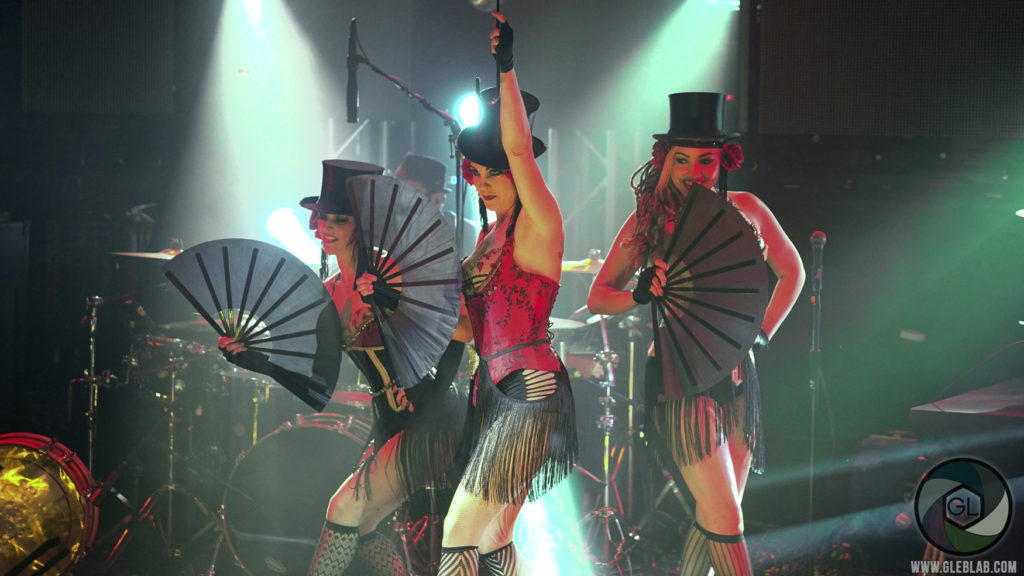
“To The Bone”: An Interview with Steven Wilson
- Photo, Writing
- Steven Wilson
- December 8, 2018
(Originally Published on South Florida Insider)
The Mastermind Behind “The Raven that Refused to Sing” and Porcupine Tree Speaks About Vinyl vs CD, His Favorite Venues and Much More!
Photos and Story by: Gleb Barabanov
Steven Wilson is a man that wears many hats. Along with being the band leader of not only his Solo band and the legendary progressive outfit Porcupine Tree along with a number of other side projects, he’s also an accomplished producer, audio engineer, and album mixer specializing in 5.1 surround sound mixes. His most recent release, “Home Invasion: In Concert at the Royal Albert Hall” contains live versions of songs from his latest album “To The Bone” as well as select cuts from his other works, and he will be appearing at the Culture Room in Ft Lauderdale on the 14th and 15th of December for an intimate two night residency. Steven was kind enough to speak with me about his new album, his preference of audio format, and much more.
Gleb Barabanov: The North American leg of your “To The Bone” tour is about to kick off, and next month you will be returning to the Culture Room, a very intimate venue located in the heart of South Florida, for a two-day performance. Do you prefer playing more intimate clubs and venues over big stadiums or festivals?
Steven Wilson: Well, you know what, its not really as easy to say as that. I remember we did a show there last year and we had a great time, really enjoyed it! But when we walked in that day, I remember thinking, “oh, wow, this is a bit off”…but it ended up being a great show! And its one of those things where, sometimes its an intangible thing, the rooms that create the best vibe sometimes just have that certain magic that you cant really describe, and you cant really quantify it. I guess the simple answer to your question is that I’ve played very big venues where I’ve had great shows and I’ve played very small club venues where I’ve had great shows, and vice versa where I’ve had some not so great shows. I think it all has to do with a very distinctive kind of magic that each venue kind of has. I do remember really enjoying the show we played at the Culture Room last year, so I’m really looking forward to it!
GB: I remember seeing you guys when you came down to the Culture Room last year, and it was a really great show! The energy in that venue was absolutely amazing.
SW: Exactly! There you are, you kind of answered your own question! I think it’s all about the energy in the room and the dynamic that you create between yourself and your audience. And that’s something I think is quite difficult to explain, why some rooms have that energy and some rooms don’t, and oftentimes its got nothing to do with the size and scale, its something almost beyond words. But that room definitely has that magic, for sure!
GB: You are best known for your solo work and you time as the leader of Porcupine Tree, but you have had a number of other side projects over the years, and among them is drone outfit Bass Communion. Do you have any plans to play any Bass Communion material live or do any tours with the full band in the near future?
SW: You know, I’ve been asked many times over the last ten years or so about doing those shows. I’ve done a couple of one-off shows in the past, but its something that I would love to do because that’s a real labor of love for me, doing that stuff, and I think its just been a question of finding a gap in my schedule where I can commit a couple of months to prepare and do it all. But yeah, I think it will happen, eventually.
GB: Along with being a prolific composer, you are also an accomplished audio mixer and engineer with over 20 albums under your belt. Do you have any upcoming projects that you’re involved in engineering or mixing? And are there any artists that you haven’t worked with but would like to?
SW: Well, it’s a bit difficult to talk about upcoming projects without ruining the surprise. Lets just say that every few months I meet up with the heads of the various labels in the UK, Warner and Universal and so on, and we kind of look at possible projects. One of the things that is really interesting these days of course is that the market for “deluxe” editions is kind of our peak right know, because a lot of the big labels have kind of realized that the only way they can continue to sell the physical versions of albums, as opposed to just the world of streaming and downloading, is by doing deluxe editions of what you might call “Legacy” albums and a lot of those albums are coming out for 50th, 40th anniversaries. So every few months I sit down with these guys, and I can’t tell you anything specific because nothing has been announced yet, but I am definitely still active in that world. Not as much as perhaps I was a few years ago, partly because my career has become much more successful and that demands that I commit time to my own work which of course has to bear priority, but I am still working in that area. You know, there are things I would love to do, I’ve said many times I would love to work on the Kate Bush catalogue, I would love to work on Zappa’s catalogue, Bowie’s catalogue, one of my dreams would be to work on one of the classic Prince albums from the 80’s, there’s no end really to amazing albums that could potentially sound even better in 5.1 surround sound, so it’s kind an endless mix of stuff that, given the opportunity, I would love to have a go at. But there are projects on the go, and there will be some more announced in the new year that I’ve worked on, yeah.
GB: Most of your fans, when they heard you had a new studio record coming out, expected another gloomy record a la “The Raven That Refused To Sing”, or something more similar to your previous work in Porcupine Tree, but the new record is far less melancholy than your previous works. What inspired the change in direction?
SW: That’s a good question! I think very often, the work that I produce is very much influenced by…well I’ll put it this sway, the output is very much affected by the input. A lot of what I’ve recorded over the years has been a direct consequence of the music I’ve been listening to, the movies I’ve been watching, the books I’ve been reading, whatever’s going on in the news, and I think there was a change in my listening tastes in the period running up to recording “To The Bone”, and also I’ve been working on the back catalogue of bands like Tears for Fears and XTC, so I guess I was a little more in the space of what you might call “sophisticated pop music” than I had been when I was working on the Raven album, which were more kind of immersed in this world of 70s conceptual rock music, so there was a change in the kind of input, if you’d like, and you have to remember that I grew up in the 80’s and the music that I loved when I was a kid was stuff like Tears for Fears and Talk Talk and Depeche Mode and Price, and this was my world growing up. I suppose it hasn’t manifested itself *so* much over the years in my own work, but for whatever reason this time it felt like this was the kind of record I wanted to make, to kind of balance sophistication with a more immediately accessible, you might call it “pop” sensibility, and so that became “To The Bone”
GB: You also just released a new live album, “Home Invasion”, recorded at the historic Royal Albert Hall. Do you think live albums add another layer of immersion to songs that you have put out on studio albums?
SW: It can, I think it all depends again, and we come back to the word “Energy”. There’s just something about the live context. Its not as sophisticated, its not as layered, but it has a more kind of “visceral” immediacy, which you don’t get from a more considered studio version. The material from Home Invasion certainly developed over a period of months touring it, rehearsing it, working on and it interpreting it for the live context. It’s partially a bit more dynamic, and one thing I’ve heard a lot of people say, and this kind of makes sense to me, too, is that they weren’t so sure about the “To The Bone” material but then they came and saw the live show and they went back and kind of reevaluated the studio album and it kind made a lot more sense to them and they began to like it a lot more. There’s something about seeing that music in the live context that kind of makes it make more sense, and its been interesting to see how the appreciation for the album has almost increased as people have been able to experience the music in a live setting. And that interesting because that certainly happened to me in the past as well, and it was quite a departure for me, but I think when you see the music in the context of the other music it doesn’t seem so strange and begins to make more sense as part of my larger body of work.
GB: You’ve admitted to being a bit of an audiophile in the past. What setup do you use to listen to music at home? And do you prefer listening to vinyl over other, more digital versions of albums?
SW: You know, I’m not a purist in the sense that I prefer one format over the other. I do buy a lot of vinyl, but I buy a lot of CD’s too. I’m a great believer that there are certain styles of music which CD is absolutely perfect for. Ambient music, Drone music, that music for me is better on CD. You don’t have stuff like surface noise, no pops or scratches, and when you’re listening to drone music you don’t want to get taken out of the zone by surface noise and flipping sides and other stuff you get from listening to a record. I think certain things like ambient music, drone music, classical music that are much better on CD, but of course there are things like Rock music and Jazz music which I really enjoy listening to on vinyl, I grew up at the tail end of the vinyl era so I do have kind of a nostalgic attachment to the format, I like the kind of tactile feeling that you are able to get from touching the slip case and lyric sheets and stuff like that, so I like both formats. I have a substantial collection of vinyl and I also have a substantial collection of CDs. I have a pretty good system at home, its not what one might call a “top end” system but I certainly have a pretty good Hi-Fi or two (one in the bedroom and one in the living room), and 5.1 surround is something that I obviously enjoy listening to as well and that kind of immersive feeling that you get from listening to multi-channel audio. Hearing an album in surround is like suddenly going from mono to stereo and it’s hard to go back.
GB: Thank you very much for taking the time to speak with me and I look forward to seeing you Live next month!
SW: My Pleasure!
